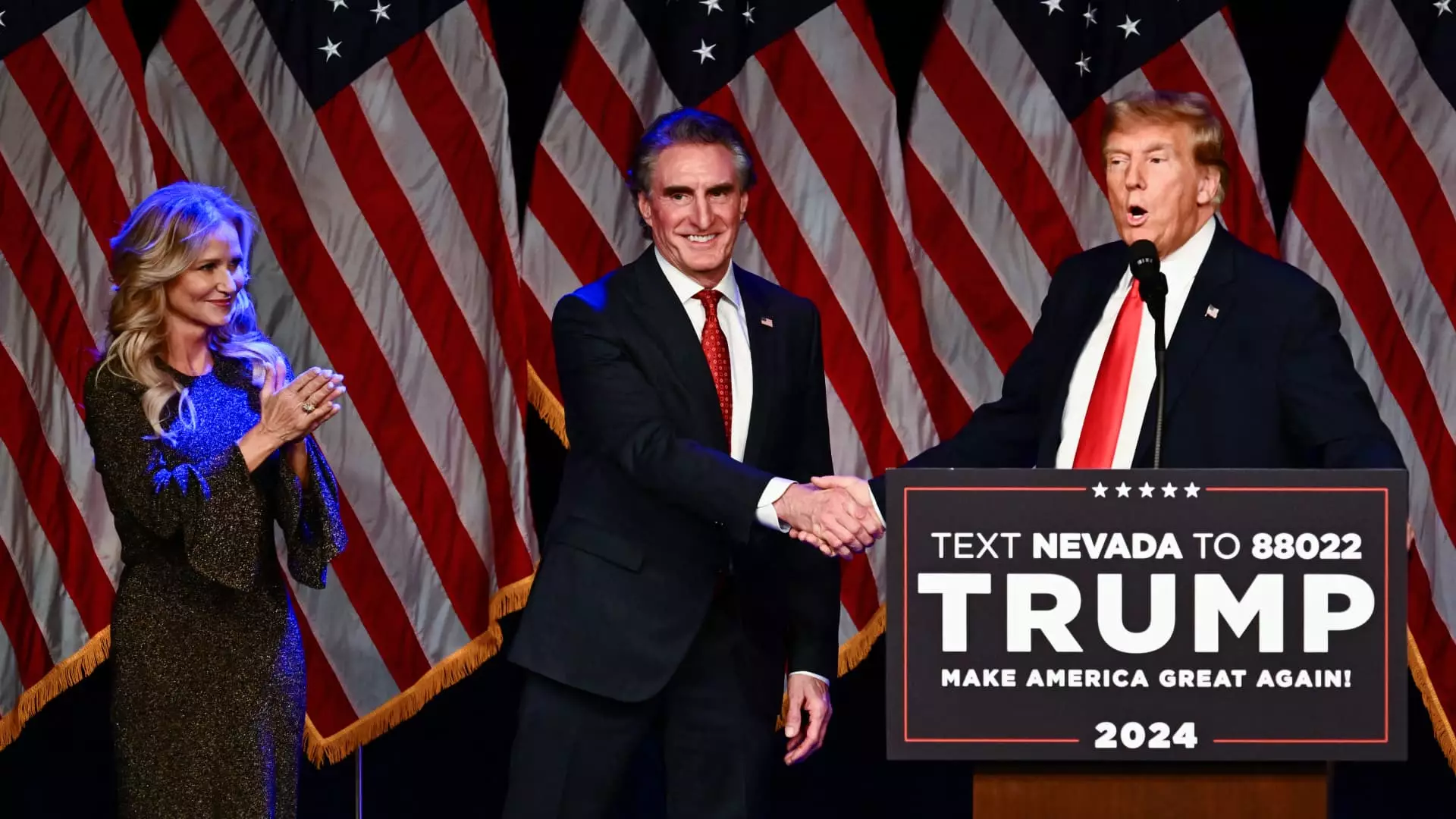North Dakota Governor Doug Burgum, who is rumored to be a potential running mate for former President Donald Trump, has come forward to deny allegations made against Trump involving a supposed deal with oil executives. According to reports from the Washington Post, Trump allegedly promised to roll back environmental regulations in exchange for financial support towards his re-election bid. However, Burgum refuted these claims in a recent interview on CBS’ “Face the Nation”, stating that he was present at the meeting in question and such discussions did not take place. He emphasized that there was no request for a billion-dollar donation and dismissed any suggestions of a quid pro quo arrangement.
Burgum further defended Trump by asserting that the former president was not singling out the oil industry for financial contributions. He explained that Trump was simply engaging with a vital sector of the economy, as any political candidate would do. In fact, Burgum himself has publicly endorsed Trump for president and currently advises him on energy policy. Additionally, Burgum’s family has business ties with Continental Resources, a major player in the oil and gas industry. While Burgum has disclosed earning royalties from this partnership, experts believe that the actual profits could be significantly higher. Despite concerns that his association with the energy sector may alienate environmentally-conscious voters, Burgum appears unfazed, claiming that he is not worried about the potential backlash.
Governor Burgum’s position on the matter raises questions about ethics and conflicts of interest in politics. His close ties to the oil industry, coupled with his vocal support for Trump, paint a complex picture of a public official navigating personal and political relationships. While Burgum maintains that his actions are in line with standard campaign practices, the optics of his connections may raise eyebrows among constituents, especially those who prioritize climate and environmental issues. As Burgum prepares to exit his role as governor, his legacy may be shaped by how he addresses these lingering concerns.
The controversy surrounding the alleged dealings between Trump and oil executives underscores larger debates about money, power, and influence in American politics. As the country grapples with pressing environmental challenges and the need for ethical governance, incidents like these serve as reminders of the complexities inherent in the intersection of business and policy. Moving forward, it will be crucial for public officials to transparently navigate their relationships with various industries and prioritize the interests of the public above personal gain. Only by upholding the highest standards of integrity can leaders hope to regain the trust and confidence of the electorate.

